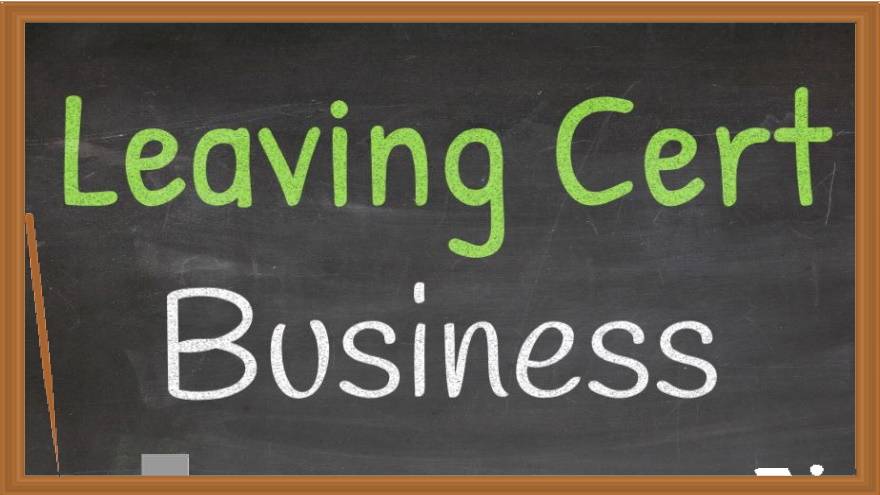Leaving Cert Business Grinds

About Course
Subject: Leaving Cert Business

GOAL:
Give students a better understanding of their subject, build confidence and help them achieve higher exam grades.
INTRODUCTION:
Tuition Farm’s classes are presented by highly qualified and experienced grinds teachers, who are experts in their subject.
Each lesson focuses on a specific topic, including an in depth analysis of past exam papers, where the teacher shows students how best to answer these questions to achieve top marks.
The final two lessons of the course focuses on exam techniques and further analysis of exam questions and answers.
This course was originally €239, and we are now releasing the recordings for the low price of only €99.
What do you get when you purchase this course?
For €99, you get instant access to ALL the lessons listed below.
COURSE CONTENT:
Week 1 – People in Business
Week 2 – Resolving Conflict in the Marketplace
Week 3 – Enterprise & Identifying Business Ideas
Week 4 – Management: Leading & Motivating
Week 5 – Management: Communicating with Information & Communication
Week 6 – Human Resource Management & Managing Change
Week 7 – Managing Business & Household Insurance
Week 8 – Marketing & Break Even Analysis
Week 9 – Getting Started in Business
Week 10 – Categories of Industry & Global Business
Week 11 – Types of Business Organization & Business Expansion
Week 12 – Business & the Economy & The Government & Business
Week 13 – Community Development with Ethical, Social & Environmental Responsibility
Week 14 – International Trade with Business Expansion (Importance & Finance)
Week 15 – The European Union
Week 16 – Resolving Conflict in the Workplace & Taxation
– *BONUS* Exam Masterclass (Ordinary)
– *BONUS* Exam Masterclass (Higher)
FREE SAMPLE LESSON:
*IMPORTANT INFORMATION*
These lessons are recordings from our live grinds courses, so there may be interactions and questions between our teacher and the students.
Please note, some classes may not be required for the upcoming exams. However, we have included them as a source of knowledge for students.
